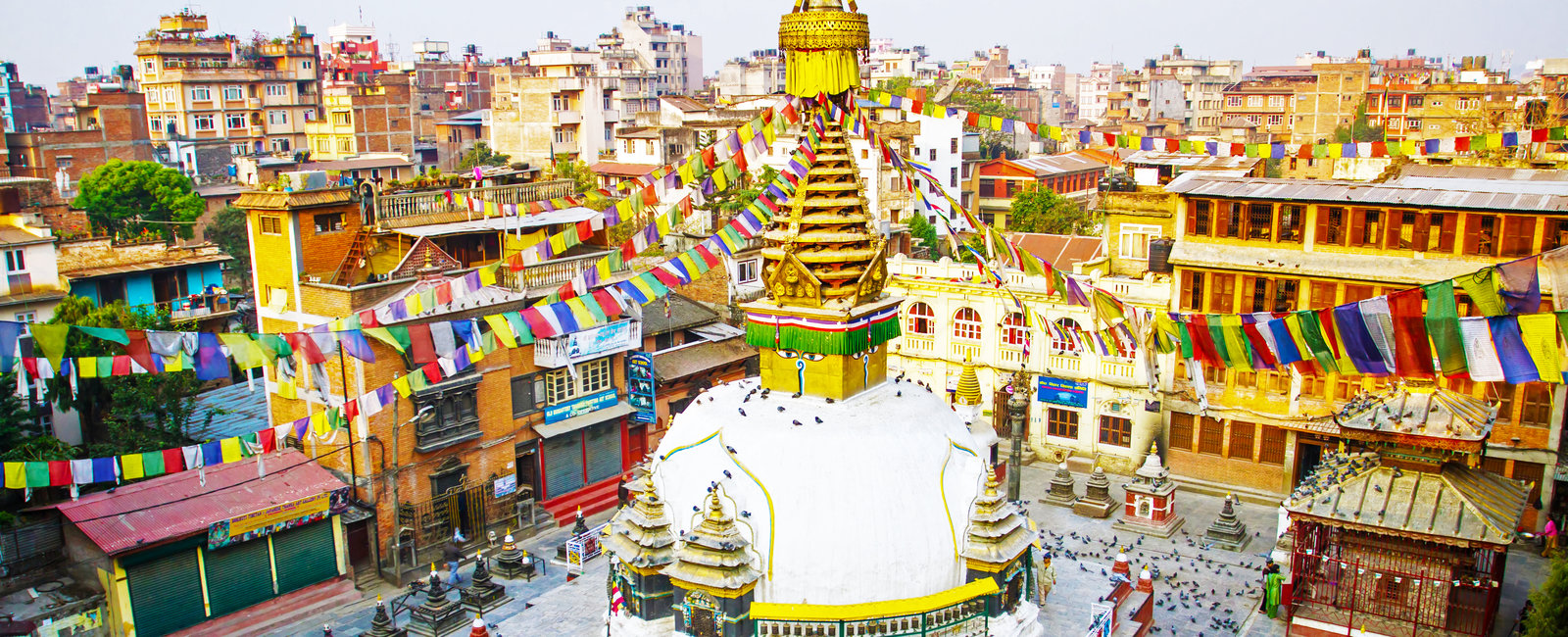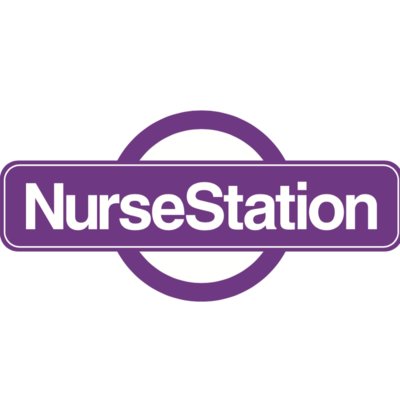City University London 2024
Jennifer is a second-year nursing student from City University London and needed to complete 80 clinical hours as part of her elective placement. She recently went to Kathmandu in Nepal to undertake this.
I’ve always been interested in global healthcare and I would like to do humanitarian work in the future. I already volunteer with refugees in emergency response.
I saw this overseas elective as an opportunity to experience healthcare in a developing country and I chose Nepal for the variety of cases that I might see.
My first impression of my placement hospital was that it was chaotic. It was so busy, and often there were 2-3 patients in a bed.
Work the World offer language lessons at the house which were so useful for my time in the hospital. You do not need to be fluent, but understanding some key medical terms is very useful.
Families in Nepal play a large part in the patient's care. For example, if a patient needs to be transferred from one department to another, family members would transfer the patient. I witnessed one very sick patient being transferred from the Emergency Department to ICU. The family members had to help get the trolley up steps and into a lift which is a huge responsibility and must have been quite nerve-racking.
Families also take over a lot of aspects of nursing care and have to supply all medications, purchased from the pharmacy, such as needles, iodine, catheters, gloves, ECGs - you name it. Every aspect has to be purchased in advance of any treatment. They also take care of feeding, washing, and administering oral medication and are expected to inform the medical team of the patient's deterioration.
The main reason for family patient care is due to the staff/patient ratio. Patient volume is so great they simply don’t have the staff to be able to oversee all aspects of their healthcare.
If a family can’t afford treatment such as resuscitation for example, this will factor into whether a patient is treated or not.
I saw a huge variety of memorable cases during my time in Nepal. I saw cases of Dengue Fever, Leprosy, and different types of TB, something I’d never seen at home.
You have to be motivated, build relationships with your supervisors, and subject to how much experience you’ve got, they will get you involved. I was a member of the team in several resuscitations, doing CPR and airway management.
Outside of placement, there is so much to do. We would chill out at the big Kathmandu house, have movie nights and relax - the heat in the hospital can be tiring.
Due to my placement being only two weeks, I sadly only had one weekend in Nepal to explore, however, it was Nepali New Year!
On Friday we went to a street party in Thamel for the New Year countdown. On Saturday, for New Year's Day celebrations, we went to Bhaktapur, an ancient city and the cultural capital of Nepal. The city is incredible. On Sunday we took a cable car to Chandragiri Hill which is 2500m above sea level. Sadly we didn’t get a glimpse of Mount Everest on this occasion, however, the views of the Himalayas were incredible and it was a great experience.
The food in the house is so good! The house is big and clean and the team is fantastic. We were like one big family.
My two weeks in Nepal were so meaningful and worthwhile. Work the World set you up to succeed from start to finish. You will never take the NHS for granted again and I would recommend this to any healthcare student!

Start Your Journey
Want to go on your own once-in-a-lifetime adventure? Get started below:
Want to go on your own once-in-a-lifetime adventure? Get started below:

%20%203%20(1).jpg)
%20Thumbnail.png)



